5 Ways to Get Girls into STEM
 Photo by Nikhita S on Unsplash
Photo by Nikhita S on Unsplash
As a society, we learn about the world and advance our well-being through science and engineering. The United States may be known around the world for its higher education, but compared to many other leading and steadily emerging countries, we lack a strong focus on educating scientists and engineers. One significant reason that we have fallen behind is that we do not encourage our female students to pursue career paths in Science, Technology, Engineering, and Math (STEM).
This needs to change, as the lack of women in STEM will continue to plague our country until all students, regardless of sex, have adequate opportunities to explore math and science throughout elementary, middle, and high school. If we want to attract the best and brightest minds into the fields that will move us forward, we must look to all of the population. More women can contribute to our field, and we can help make that happen. Below are a few strategies for how we can help.
- 0 Comments
- Sep 8, 2021 10:00:00 AM
- Posted by Maria Alejandra Calcetero
- Topics: Robotics, EdTech, STEM, Education, 21st Century Classroom, students, Technology, STEMchat, WomeninSTEM, Edchat, girlsinSTEM, k12, coronavirus, covid19, disinfection robots, Automation, virus-free, virus, disinfection
Can Robotics Teach Problem Solving to Students?
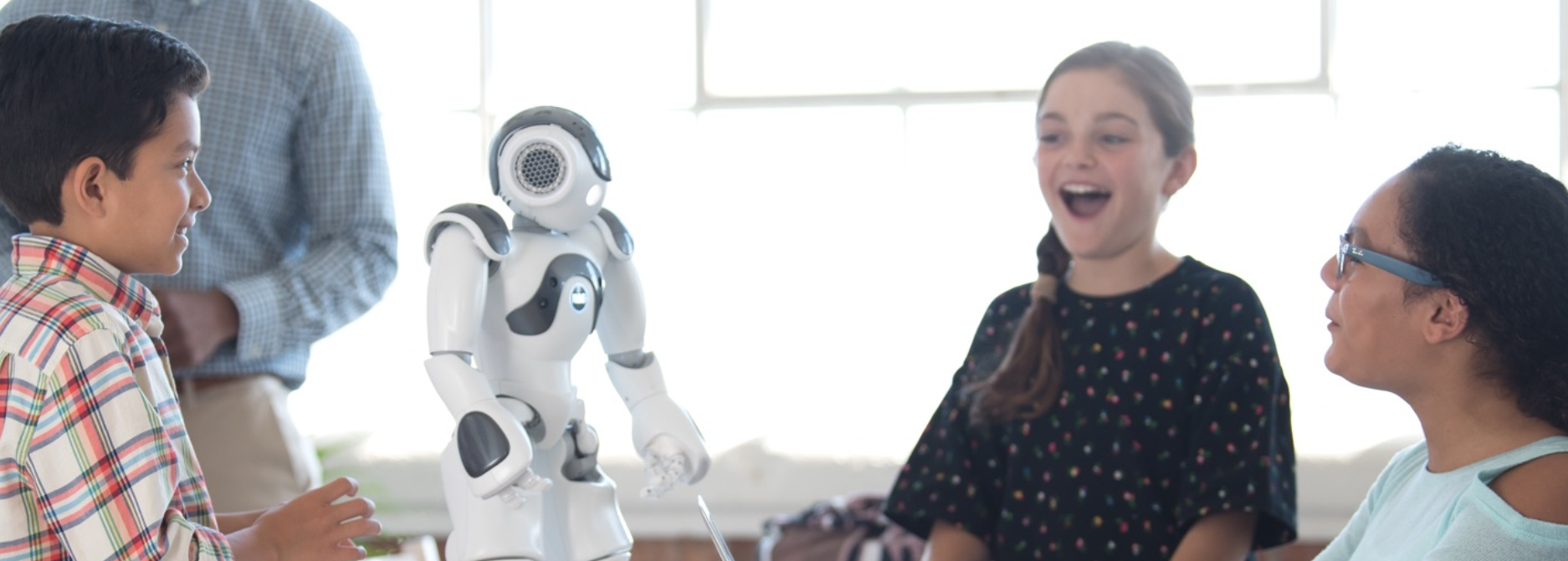
Critical thinking and problem-solving skills are essential to success at university and in later life. However, the traditional classroom model has done a poor job of imparting these skills to students. The way children have learned in the classroom for generations has focused on lectures and worksheets. Past generations would depend on group sports, clubs, and teenage jobs to impart these vital skills to students.
However, new ideas suggest that robotics may hold the key to teaching problem-solving skills to students. Using robots to teach real-world skills may be a strange concept, but is it worth exploring? We think so and here’s why.
- 0 Comments
- Sep 7, 2021 10:00:00 AM
- Posted by Maria Alejandra Calcetero
- Topics: Robotics, EdTech, STEM, Education, 21st Century Classroom, Technology, STEMchat, Edchat, k12, coronavirus, covid19, disinfection robots, Automation, virus-free, virus, disinfection
How to Ensure Classroom Air Safety During COVID-19
By Steve Daniel, President, UV Health Group.
 Photo by Kelly Sikkema on Unsplash
Photo by Kelly Sikkema on Unsplash
Comparing the efficacy and value of HVAC, HEPA, and UVC systems is a good place to start when analyzing classroom air safety as in-person learning resumes.
- 0 Comments
- Sep 3, 2021 10:00:00 AM
- Posted by Maria Alejandra Calcetero
- Topics: Robotics, EdTech, STEM, Education, 21st Century Classroom, Technology, STEMchat, Edchat, k12, coronavirus, covid19, disinfection robots, Automation, virus-free, virus, disinfection
STEM, Automation, and Sustainability: Helping Create a Better Tomorrow
By Dan Matthews
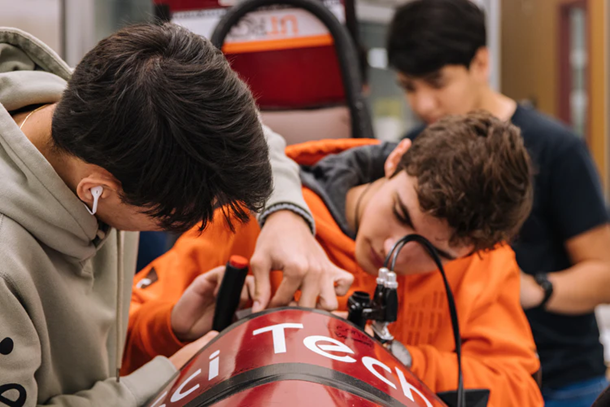 Image Source: https://unsplash.com/photos/uXsBGF5CrpU
Image Source: https://unsplash.com/photos/uXsBGF5CrpU
As global temperatures continue to rise and inclement weather events increase in frequency, the effects of climate change are readily apparent. But there’s good news in the realm of climate change: The global call for sustainable solutions has risen alongside the issue, and young people are leading the charge.
Swedish environmentalist Greta Thunberg is, of course, the most well-known of these young activists. And while Thunberg has had to deal with her fair share of criticism and haters since first speaking out in 2018, the young woman also has plenty of support from — peers, family members, and educators alike. For Thunberg, private school education catalyzed her activism, and her teachers did their best to encourage her interest in STEM.
Education and awareness of the harsh realities of climate change, as well as technological advancements in sustainability, may serve a similar purpose for students around the world. Beginning in primary school, a STEM-focused educational model helps to lay the foundation necessary for students to take their skill sets into the future and create a better, more sustainable tomorrow. Students who are passionate about sustainability may ultimately choose a career path in which they can make a real difference.
Here’s what you need to know about facilitating an interest in STEM among students of all ages, and how technological advancements in automation, waste reduction, and more fit into the overall picture.
- 0 Comments
- Sep 2, 2021 10:00:00 AM
- Posted by Maria Alejandra Calcetero
- Topics: Robotics, EdTech, STEM, Education, 21st Century Classroom, Technology, STEMchat, Edchat, k12, Automation
To Ease Loneliness and Improve Mental Health, Robots Could be the Solution
Robots could be used in care homes after a study found they can improve mental health and have the potential to reduce loneliness in vulnerable older people. A robot called Pepper, which can engage in conversation and learn people's tastes, has been tested in care homes.

- 0 Comments
- Sep 10, 2020 10:00:00 AM
- Posted by Natalia Galvis
- Topics: STEM, Curriculum, teachers, Coding, students, Technology, Edchat, k12, teaching, coronavirus, online, covid19, lessons, eLearning
Health Care Use Case With Pepper Robot
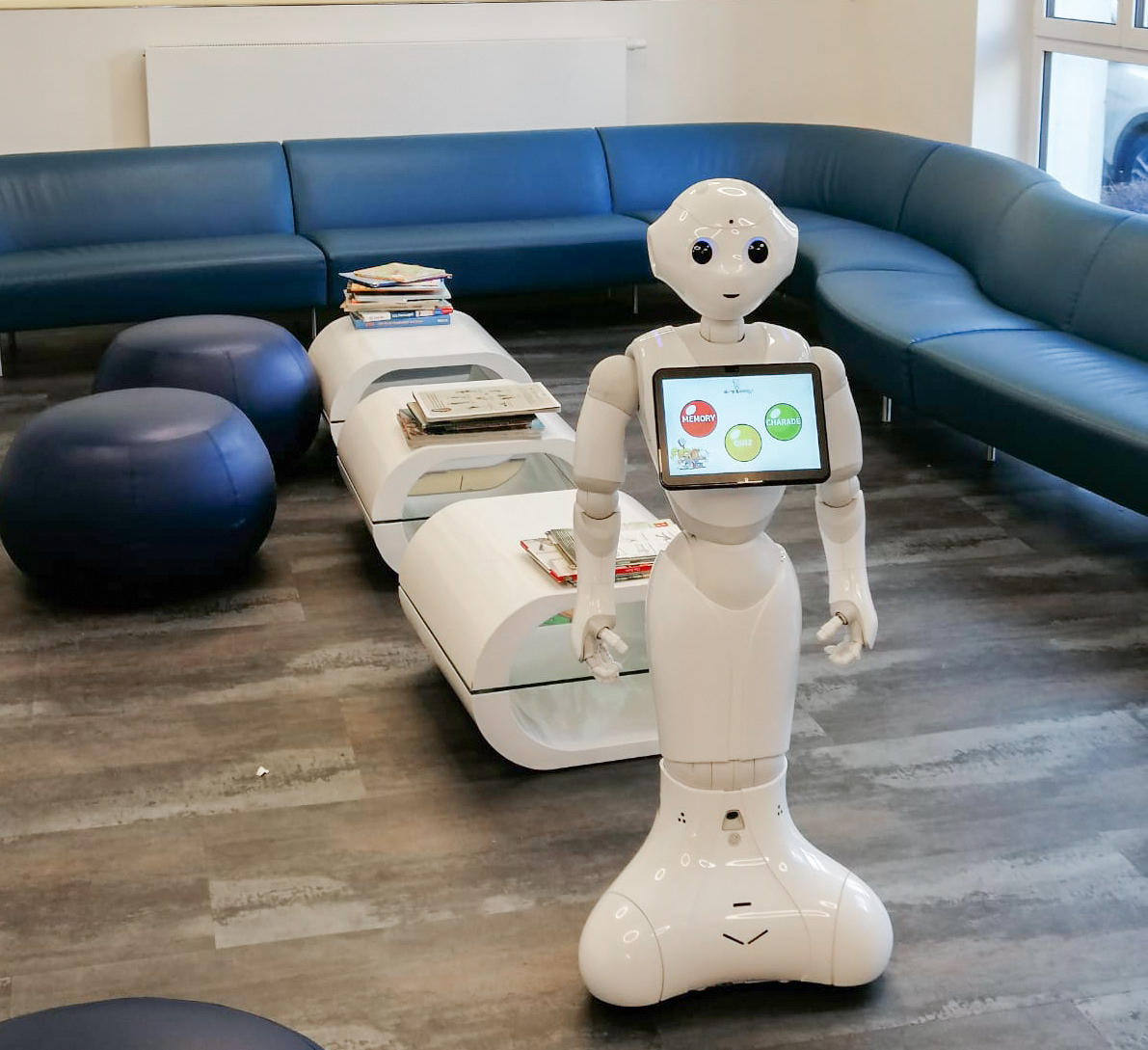 Photo: Sleep and Smile
Photo: Sleep and Smile
The Vienna dental institute Sleep & Smile specializes in the treatment of children and adults with special needs and Pepper robot helps children and adults with special needs overcome their anxiety about their upcoming dental treatment.
- 0 Comments
- Sep 9, 2020 4:00:00 PM
- Posted by Natalia Galvis
- Topics: Robotics, STEM, Curriculum, Pepper, Coding, students, Technology, Edchat, k12, eLearning
How Robotics Became Relevant due to COVID-19 and why it has Become Essential to Teach in the Classroom
Given the recent COVID-19 pandemic and its effects on traditional educational institutions, the fields of formal education are headed for a systematic change. Robotics and artificial intelligence technologies can not only mitigate difficulties caused by the pandemic but also help build on their foundations.
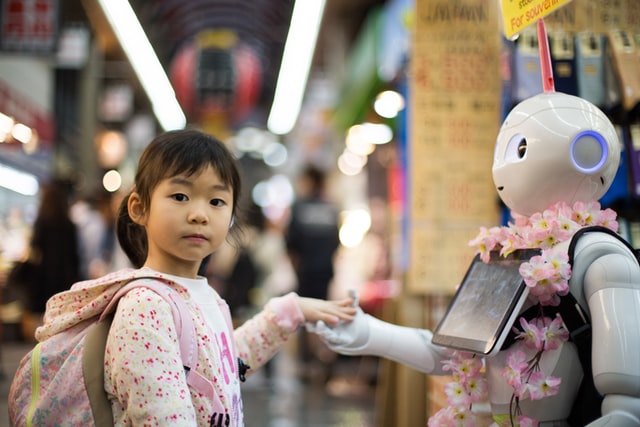 Photo by Andy Kelly on Unsplash
Photo by Andy Kelly on Unsplash
- 0 Comments
- Sep 9, 2020 10:00:00 AM
- Posted by Natalia Galvis
- Topics: STEM, Curriculum, teachers, Coding, students, Technology, Edchat, k12, teaching, coronavirus, online, covid19, lessons, eLearning
The pandemic classroom requires collaborative tech to thrive
COVID-19 has highlighted digital inequity—but collaborative tech and digital tools could help close the gap.
 Photo by J. Kelly Brito on Unsplash
Photo by J. Kelly Brito on Unsplash
- 0 Comments
- Sep 8, 2020 10:00:00 AM
- Posted by Natalia Galvis
- Topics: STEM, Curriculum, teachers, Coding, students, Technology, Edchat, k12, teaching, coronavirus, online, lessons, eLearning
Key trends in K12 robotics education
Robotics education is becoming increasingly commonplace in schools. This is largely due to the fact that students in K12 schools will graduate into a workforce that’s rife with technology, in an era where robots will become widely used in our everyday lives.
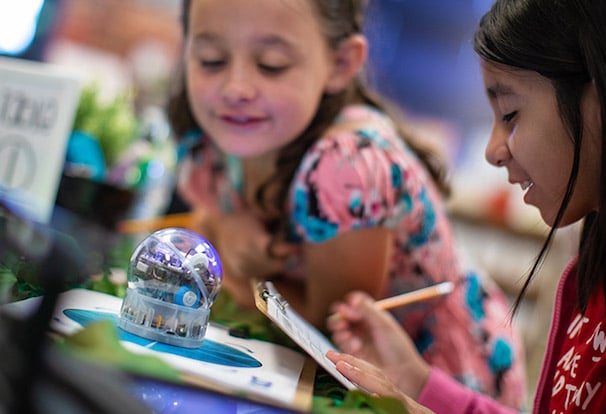
- 0 Comments
- Sep 4, 2020 10:00:00 AM
- Posted by Natalia Galvis
- Topics: STEM, Curriculum, teachers, Coding, students, Technology, Edchat, k12, teaching, coronavirus, online, lessons, eLearning
Plan Ahead: 11 STEM Activities for Spring Break!

Whether you're heading out on the road for spring break or taking it easy at home, incorporating a little STEM fun can help keep your child's creativity flowing during the week off.
To get you and your family started, we've rounded up a variety of spring break STEM activities that are easy, educational, and inspiring! Choose one or try them all, and show your child just how exciting and open-ended STEM fields can be. They'll discover fundamental skills and concepts that will stick with them long after spring break ends. How's that for a productive spring break?
- 0 Comments
- Feb 21, 2020 10:10:00 AM
- Posted by Natalia Galvis
- Topics: EdTech, STEM, 21st Century Classroom, Technology, Innovation, STEMchat, Edchat, k12, springbreak
Relevant Posts
Popular Posts
Subscribe to Email Updates
-
I Want To Learn MoreADDITIONAL INFORMATION


